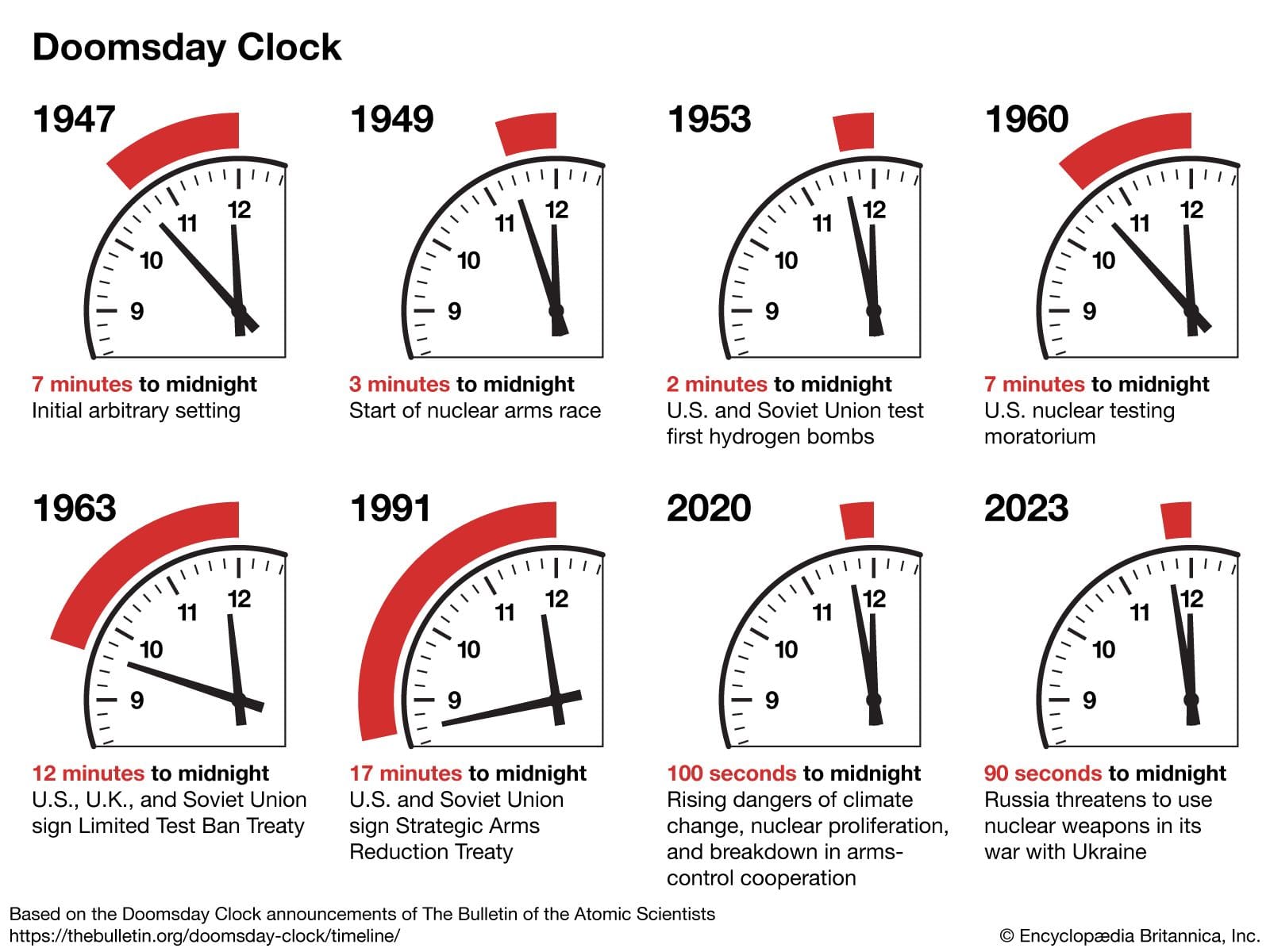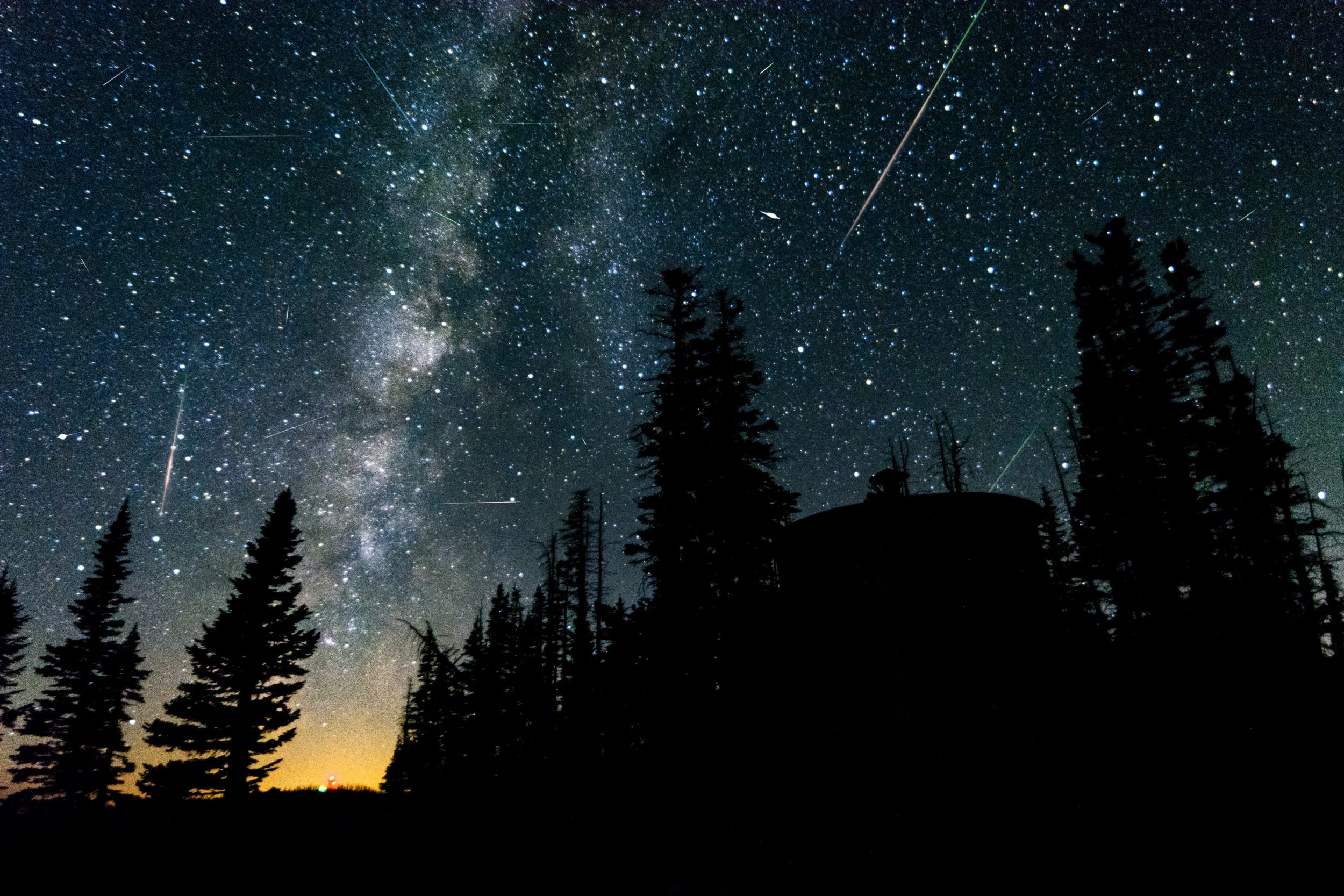In a groundbreaking study, physicists have unveiled a startling possibility: black holes, those enigmatic cosmic entities, could be devouring the cores of planets. This revelation stems from advanced simulations and observational data that suggest a connection between black holes and the structural integrity of planetary bodies.
Black holes, formed from the remnants of massive stars that have undergone gravitational collapse, are known for their immense gravitational pull. Recent research indicates that smaller black holes, often referred to as primordial black holes, could be lurking in various regions of the universe, including within galaxies and even intergalactic space. These black holes could potentially interact with planets in ways previously unimagined, leading to the consumption of their cores.
The study, led by a team of astrophysicists from institutions such as the Massachusetts Institute of Technology and the University of California, Berkeley, utilized sophisticated computational models to simulate the gravitational effects of black holes on nearby celestial bodies. Their findings suggest that as a black hole approaches a planet, it could exert tidal forces strong enough to disrupt the planet’s core, leading to a gradual absorption of material.
“The implications of this research are profound,” said Dr. Emily Chen, one of the lead authors of the study. “It not only changes our understanding of black holes but also raises questions about the stability of planetary systems in their vicinity.”
This research builds on previous studies that have explored the interactions between black holes and stars, but it takes a significant leap by focusing on planets. The team found that in certain scenarios, particularly in densely populated star clusters, the likelihood of a black hole encountering a planet increases, thereby heightening the risk of core consumption.
The idea of black holes consuming planetary cores could also provide explanations for certain astronomical phenomena. For instance, the mysterious disappearance of some exoplanets might be attributed to their cores being stripped away by nearby black holes, leading to their eventual destruction.
Furthermore, the study opens up new avenues for exploring the formation of black holes themselves. Understanding how these objects interact with their surroundings could shed light on the conditions that lead to their creation and evolution.
As researchers continue to investigate the implications of these findings, the scientific community is eager to see how this new perspective on black holes will influence future studies in astrophysics. The potential for black holes to alter the fate of planets adds yet another layer of complexity to our understanding of the universe.
This research was published in the journal *Astrophysical Journal Letters* and has sparked discussions across the scientific community about the nature of black holes and their role in cosmic evolution. As technology advances and our observational capabilities improve, the mysteries surrounding black holes and their interactions with celestial bodies will likely continue to unfold, offering new insights into the fabric of our universe.



